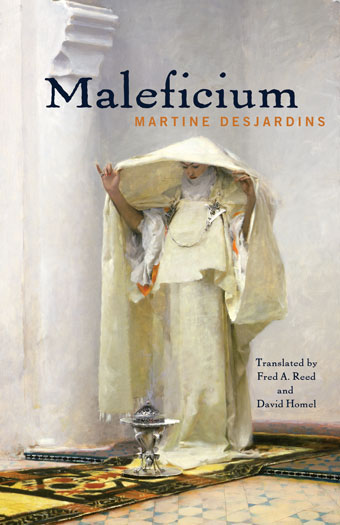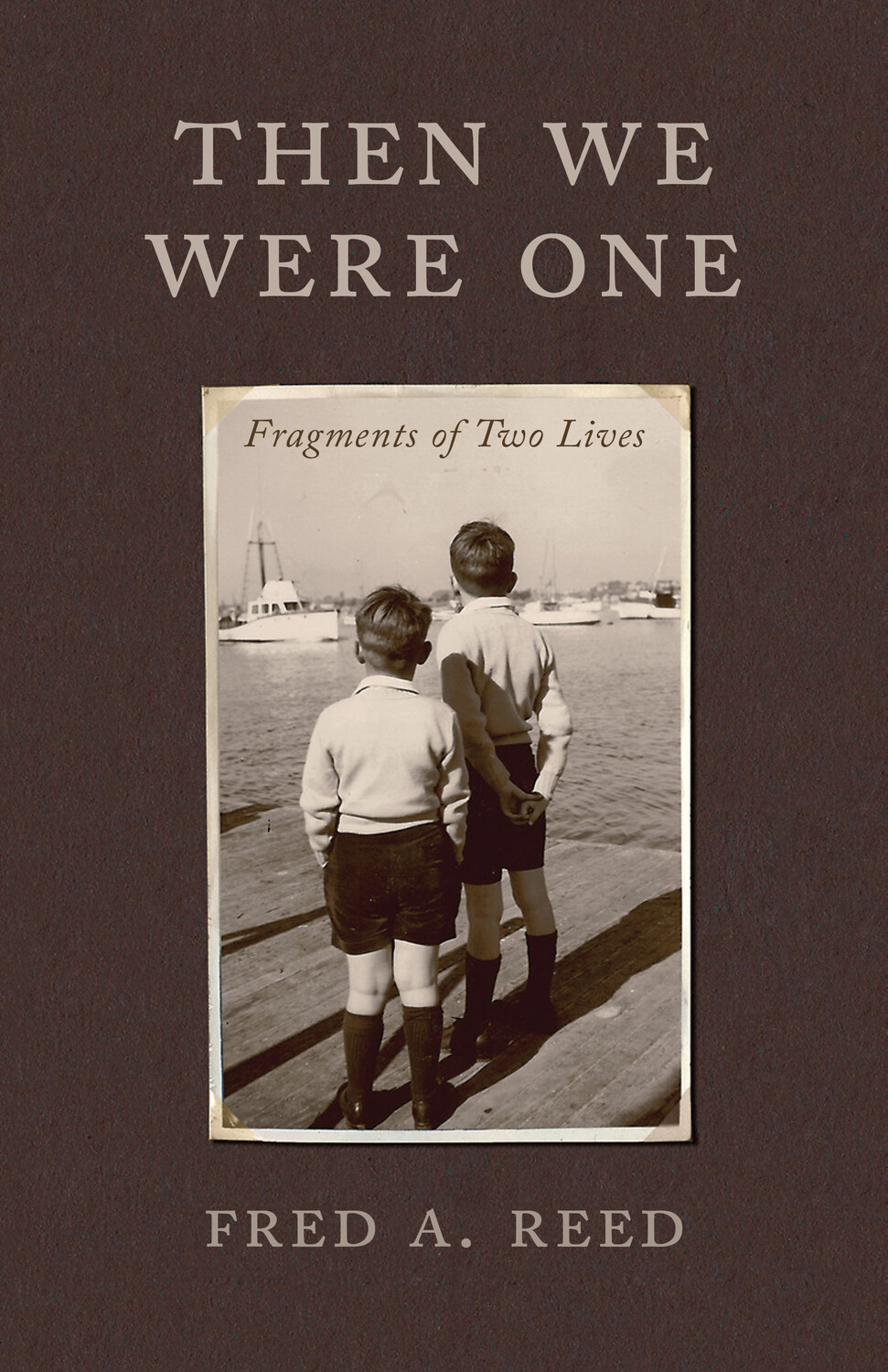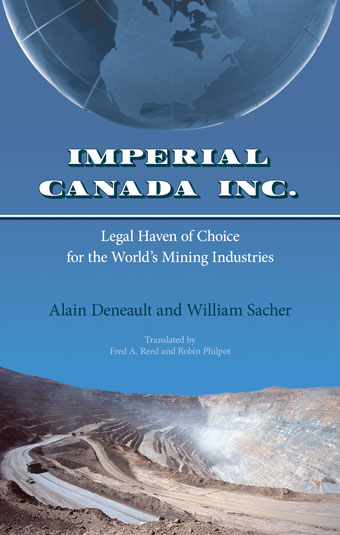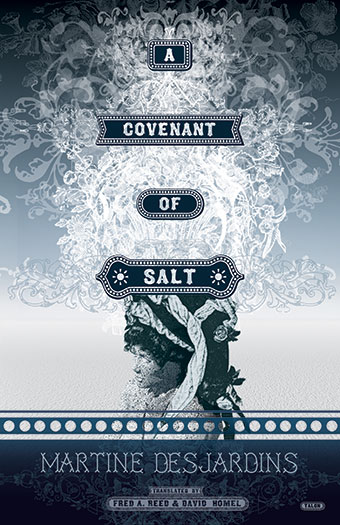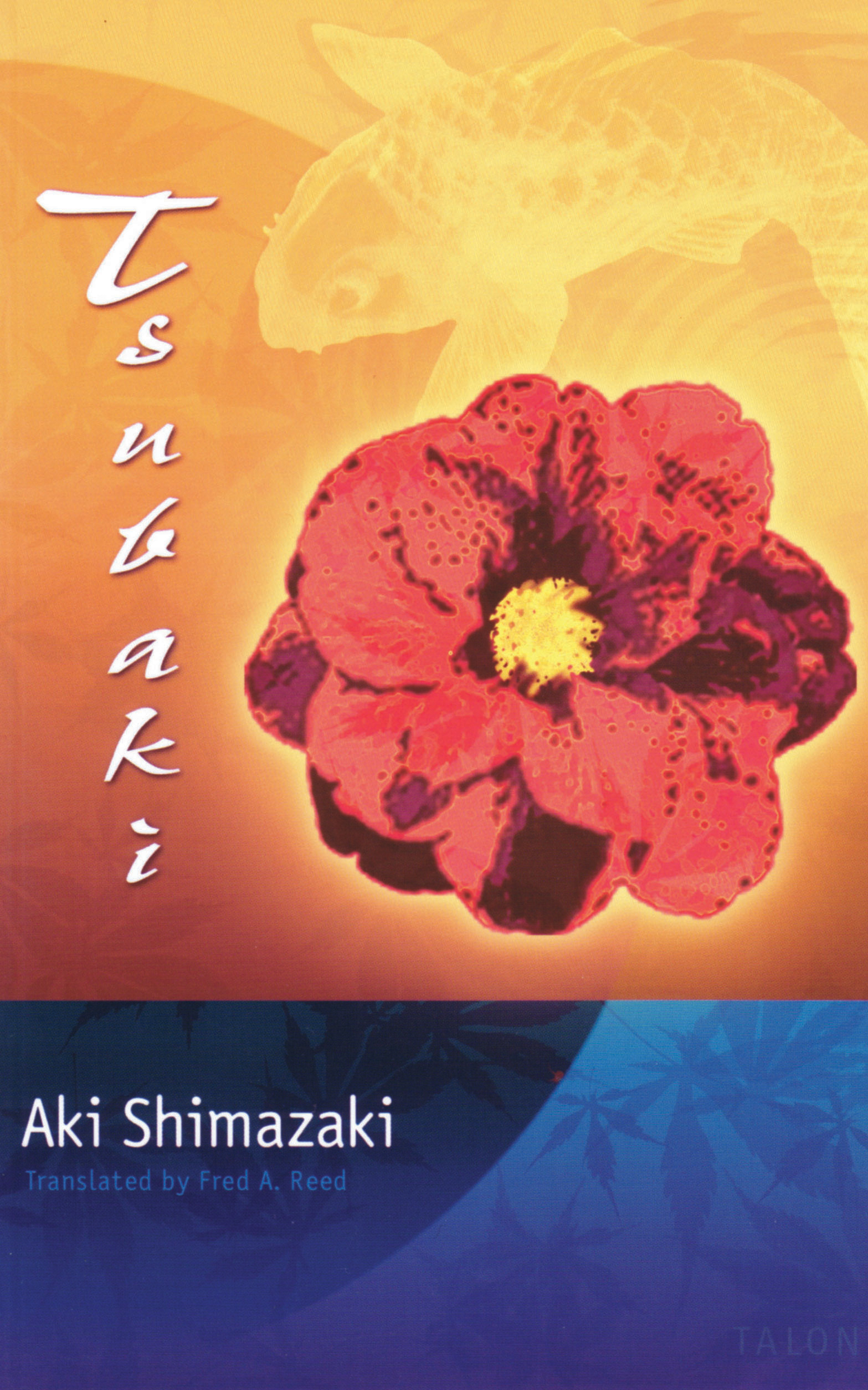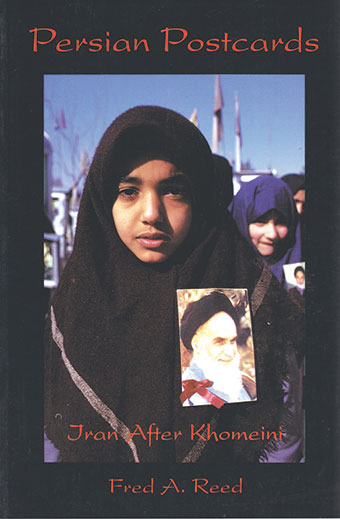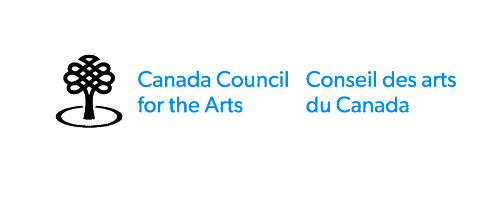Paperback / softback
ISBN:
9780889224438
Pages: 244
Pub. Date:
January 1 2000
Dimensions: 9" x 6" x 0.75"
Rights: Available: WORLD
Categories
Non-Fiction / POL029000
- HISTORY / Middle East / General
- BIOGRAPHY & AUTOBIOGRAPHY / Political
- POLITICAL SCIENCE / Civil Rights
- POLITICAL SCIENCE / Public Policy / Social Policy
Shop local bookstores
The Inside Story of the 1979 U.S. Embassy Capture
By Massoumeh Ebtekar
With Fred A. Reed
In this first-ever insider account of the American Embassy takeover in 1979, Massoumeh Ebtekar sets out to correct 20 years of misrepresentation by the Western media of what the aims of the Iranian students and the populist revolution they personified were, and have since remained.
She also explains, in considerable detail, how one faction of the Shi’a clerical establishment came to see (with the eager complicity of the international media and its own pro-Western political agenda) these students as a vanguard of its own theocratic goals, rather than of the much broader cultural upheaval which had ousted the regime of Shah Mohammad-Reza Pahlevi, installed through a United States-sponsored coup in 1953.
In February 2000, a month before U.S. Secretary of State Madeleine Albright’s admission of active CIA involvement in the 1953 coup, Iranians flocked to the polls to elect the Islamic Republic’s sixth parliament: To date, 70% of the candidates elected have been characterized by the Western media as moderates,” among them, like Ebtekar, the students who took over the American Embassy in 1979. These moderates, followers of President Mohammad Khatamihimself a Shi’a clergymanare now attempting to break the stranglehold the conservative religious faction have on Iranian politics since 1979, and to establish a civil society within an Islamic framework.
This book is essential reading for anyone interested in the rapidly proliferating international phenomenon of peoples attempting to preserve their independence and culture from the overwhelming hegemony of the United States in the community of nations, and in how the independent” American media continues to play an active role as an instrument of American foreign policy.




